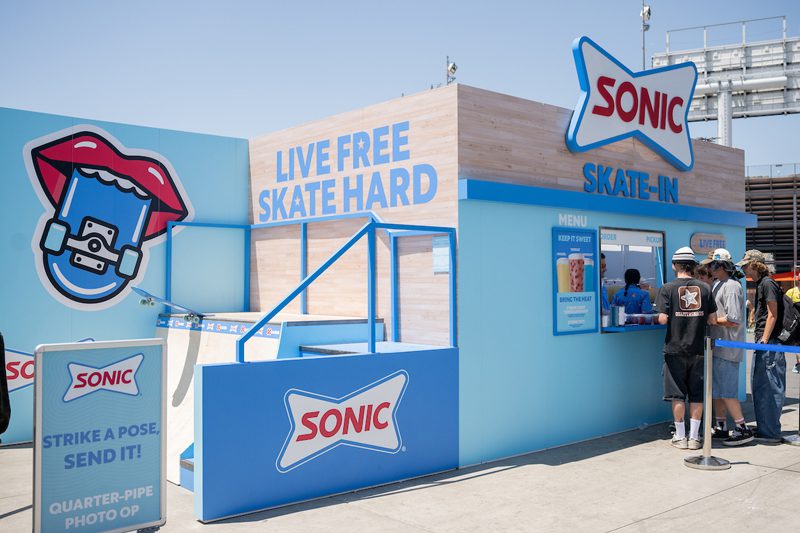U.S. Bank has been accused in a lawsuit filed by the Minnesota Attorney General of improperly releasing customers’ private banking information to a telemarketing company.
In exchange for fees and commissions, U.S. Bank provided MemberWorks, Inc., Stamford, CT, with information on its customers’ names, addresses, telephone numbers, gender, marital status, homeownership, occupation, checking account number, credit card number, Social Security number, average account balance, account frequency information, credit limit and other personal data, according to the complaint filed yesterday by Minnesota AG Mike Hatch.
Hatch wants the court to prohibit the bank’s exchange of customers’ personal information and order the bank to pay civil penalties to consumers.
U.S. Bancorp, parent company of U.S. Bank, denied the charges yesterday.
“These allegations are false,” said US Bank spokesman Donn Waage, in a statement. “Our direct marketing program is very carefully managed. Our partners at no time have access to customer accounts.”
Roughly 70,000 U.S. Bank customers have purchased products ranging from dental care to travel packages through MemberWorks, U.S. Bankcorp claimed.
The firm also said that it has strict privacy policies in place.
The suit comes at a time of increasing concern over release of personal data by financial institutions. On Monday, Comptroller of the Currency John D. Hawke Jr. called for banks to stop selling customer information to unaffiliated telemarketers. (DIRECT Newsline, June 9, 1999).
Since November 1996, U.S. Bank has received more than $4 million plus a 22% commission on all sales made by Member Works using U.S. Bank customer data, the complaint alleges. The data was used to sell a health membership program that allowed members to get discounts on dental and health care visits, it adds.
U.S. Bank violated federal law and banking rules by allowing the telemarketing company to automatically withdraw payments from a checking account without written authorization from the consumer, the papers continue.
The case is on file with the U.S. District Court for the District of Minnesota.
 Network
Network

